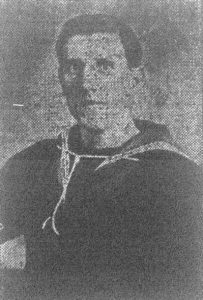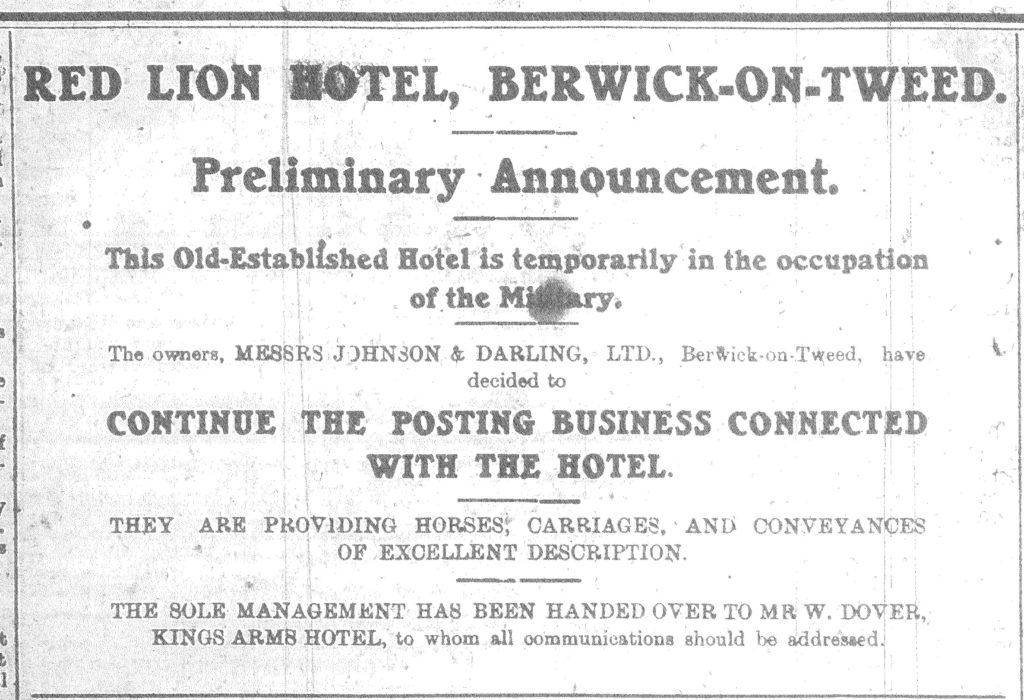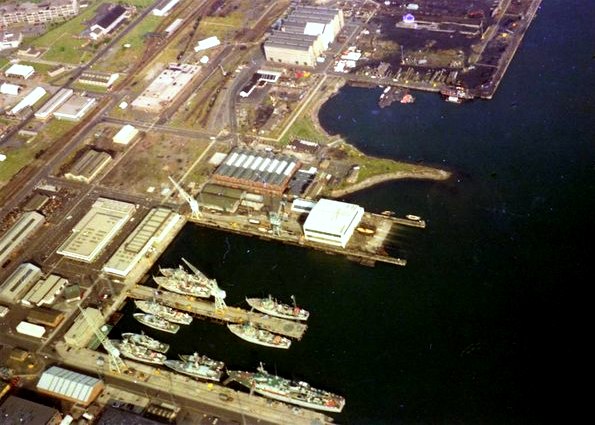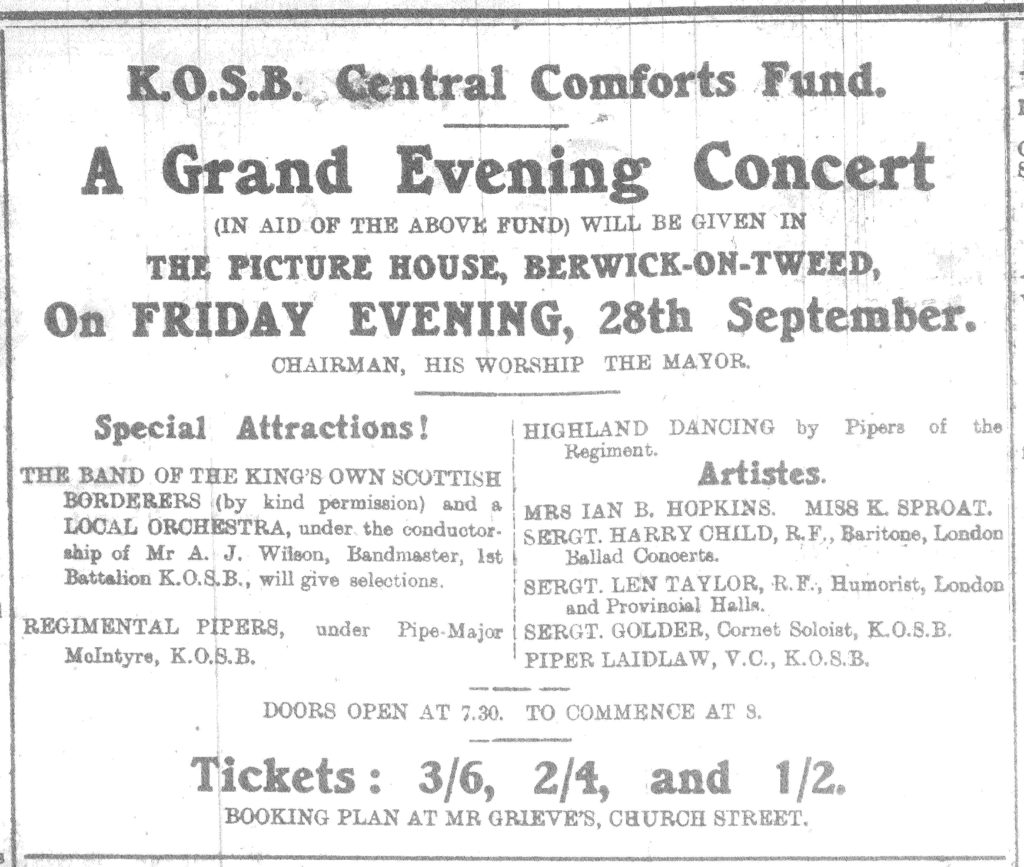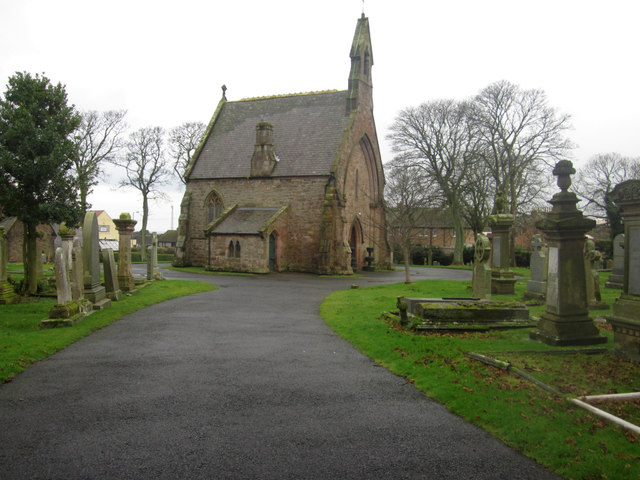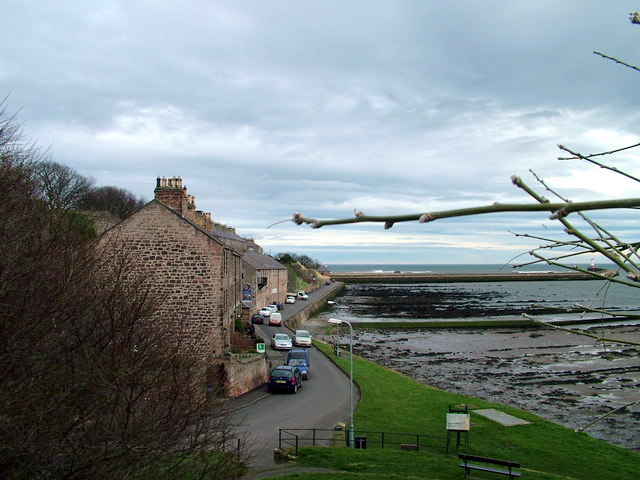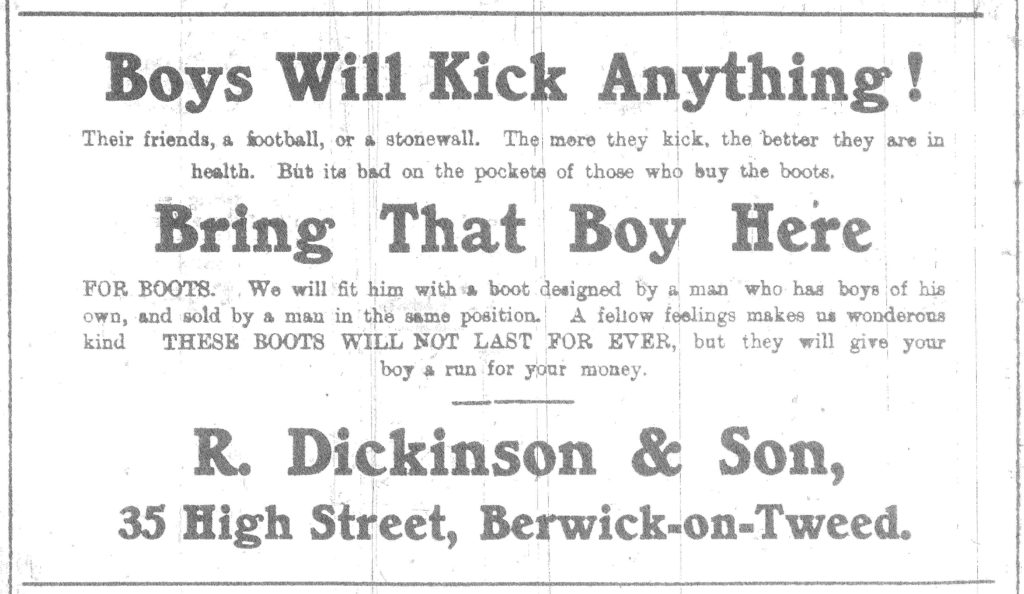BERWICK ADVERTISER, 19 OCTOBER 1917
FROM TRENCHES TO HOMELAND
LOCAL LADS ON LEAVE FROM THE
BATTLEFRONT AND TRAINING CENTRES
Private Fred Laidlaw, Black Watch, Station Cottages, Tweedmouth, is presently home on a few days’ leave. Two of his brothers serving in the same regiment have fallen in the war.
Private George Skelly, R.F.A., Man Street, Tweedmouth, is home from France on a well earned leave. Before joining up he was employed by the G.P.O. on the Royal Mail van. His brother James is serving in the Northumberland Fusliers.
Another Tweedmouth lad home on leave from France is Private William Colthard, Dock Road. He joined the Northern Cyclists shortly after the outbreak of war. Private Colthard was employed by the Scremerston Colliery Company as a miner previous to enlisting.

We are pleased to see home on leave, Private James Fairbairn, Black Watch. He resides at Falloden Terrace, Tweedmouth.
Corporal Harry Mason, K.O.S.B, is home on leave this week from France. He has come through some heavy fighting, and has been on active service practically since war began. He is looking hale and hearty despite having been wounded four times. He resides in West End, Tweedmouth. We wish him the best of luck.
Priv. Yourston, Main Street, Tweemouth, is among those home on a few days’ leave. He is in the Northumberland Fusiliers, and gained the D.C.M. about a year ago.
Delighted to see among us this week, Articifer Alexander Arnott, R.N., who is home for a few days’ leave from his strenuous duties. His parents reside in Blakewell Road, Tweedmouth. Previous to enlisting he was employed with Messrs Wm. Elder and Sons, implement makers, Berwick.
Private Joseph Clark, Tyneside Scottish, Parliament Close, Tweedmouth is home from France on leave. He joined the Northern Cyclists shortly after the outbreak of war. Previous to enlistment he was employed at Tweed Saw Mills.
May the best of luck attend Shoeing-Smith G.S. Lindsay, Royal Canadian Dragoons, who has been with us enjoying his well-earned ten days leave. Altogether he has been in France two and a half years. Good luck to this young fellow who is looking so healthy, and may he return all safe when peace is proclaimed.
Artificer G. Younger, Knowe Head, Tweedmouth is home on leave. Two of his brothers have fallen in the war. He was employed by the Scremerston Colliery Company as a miner.
Pleased to see Seaman Robert Havery, Berwick, home on leave for a few days, looking fit and well. He enlisted shortly after war broke out into the R.N.R. Previous to that he was employed by the N.E.R.
A NORHAM HERO
Private Wm. Burns of the K.O.S.B., son of Mr and Mrs Wm. Burns, Norham, has again been wounded, for the fifth time. He got his right leg blown off by the knee. He has been in France four times, suffering once from rheumatism in feet and legs, and got to Blighty for a time for arrest; his other wounds were not serious enough to send him home. He volunteered at the outbreak of war in August 1914. We wish him a speedy recovery.
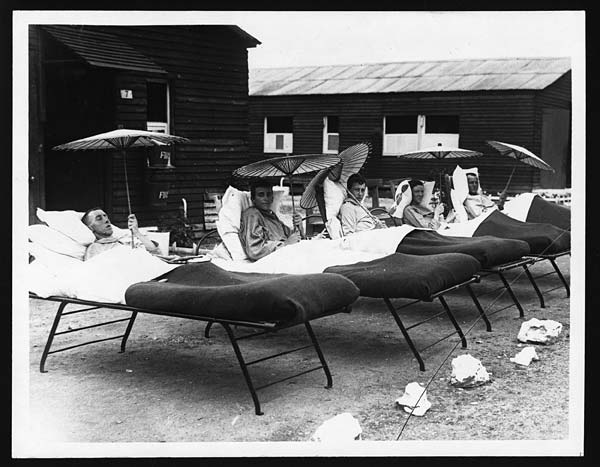
LOCAL NEWS
“Lodon Opinion” for October 20th, gives us this extract from German Wireless :- “Whilst operating in the North Sea (no date given, one of our gallant submarines successfully attacked and dispersed a large cargo of monkey nuts” There is a full page picture of the Commanders of the submarine, one with his binoculars to his eyes surveying a sea of nuts extending almost as far as from Holy Island to Coldingham.
Probate of the will of the late Mr Henry Richardson Smail, proprietor of the “Berwick Advertiser” and “Berwickshire Advertiser” newspapers, Berwick-upon-Tweed, has been granted to his executors, Messrs Thomas Purves and Alexander Darling, of Berwick-upon-Tweed, and Mr Frank P. Hamilton, of Darlington. The Testator’s estate has been sworn at £16,192 13s 10d gross, and, subject to a gift of £500 to his sister, Miss E.F. Smail, passes to the Testator’s son, Major H.R. Smail, 7th Northumberland Fusiliers (T.F.).
BELFORD AND DISTRICT NEWS
BELFORD
The many friends in Belford of Private Wm. Hilton (Billy) will be grieved to learn that he is wounded and a prisoner in Germany. On Saturday last, Mr Sanderson, West Street, Belford, received a post card presumably from a chum of Billy’s informing him of the sad events. The postal address given on card is Geldrieben den, Strenlager Wake, Germany, and the unfortunate little boy’s number is 23396. We are taking the liberty of giving the full address as some charitably disposed person may be anxious to send him a parcel. He is a native of Leicester, but spent 9 months in Belford in Signalling Section of Northern Cyclists, and went to France three or four months ago, was transferred to R.O.Y.L.I. He was a great favourite with the lads of his Company as well as with many of the villagers. We tender our sympathy and wish he may have a quick recovery and early return to Blighty


